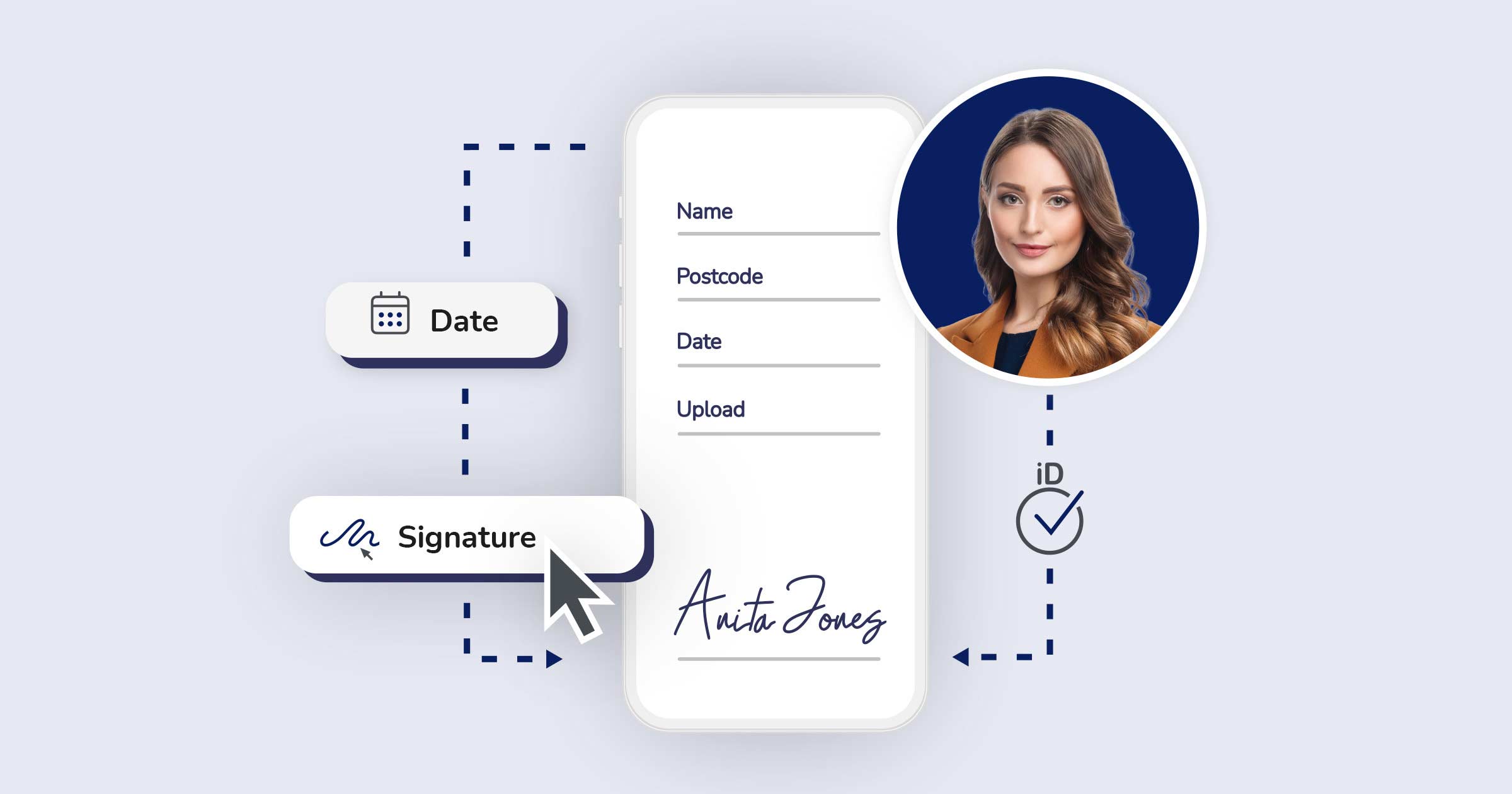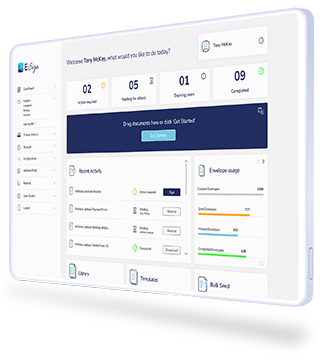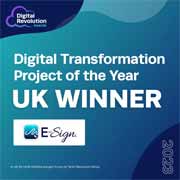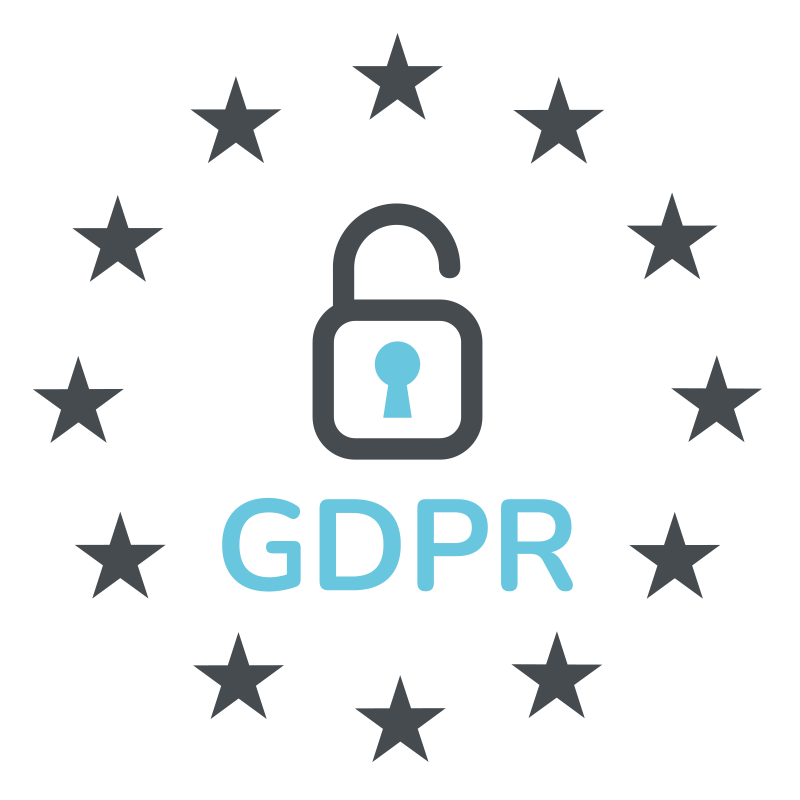Home | News & Insights |
How Does Online Identity Verification Work? Unlocking the Power of E-Signatures
30th May, 2023
Laura Cain
Marketing & Brand Manager
As technology advances, the need for robust online identity verification mechanisms has emerged as a top priority. Online Identity verification plays a pivotal role in enabling seamless and secure digital transactions, instilling confidence in both businesses and consumers alike. In this blog, we will explore the significance of online verification and how it safeguards the integrity of our digital interactions.
The Rise of Online Verification
Online verification encompasses a range of techniques that verify the identity and authenticity of individuals engaging in digital transactions. By leveraging the power of cutting-edge technologies, online verification offers a comprehensive solution that addresses the challenges of verifying identities in the virtual world.

Enhanced Security and Fraud Prevention
One of the primary advantages of online verification is its ability to enhance security measures, mitigating the risk of fraudulent activities and identity theft. Through multifactor authentication, biometric data analysis, and real-time identity verification, online verification ensures that only authorised individuals gain access to sensitive information and perform secure transactions. By implementing robust verification processes, businesses can protect their users’ data, preserve the integrity of their platforms, and foster a sense of trust in the online ecosystem.
Streamlined User Experience
In addition to bolstering security measures, online verification also simplifies the user experience, making it more convenient and efficient. Gone are the days of printing, signing, scanning, and uploading documents for verification. With online verification, users can complete the entire authentication process seamlessly, without the need for physical paperwork or cumbersome procedures. By eliminating repetitive tasks and reducing friction, online verification enables smoother interactions, enhances customer satisfaction, and ultimately drives increased adoption of digital transactions.
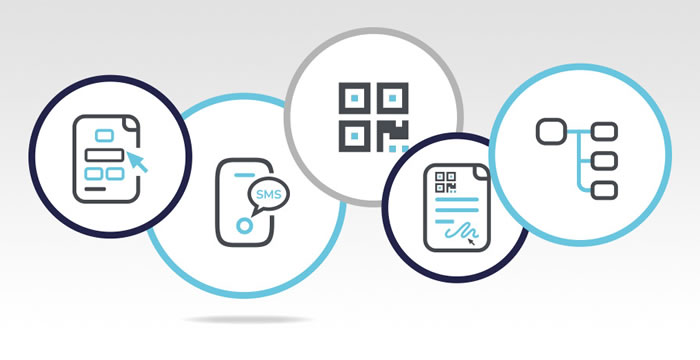
Wide Applicability Across Industries
The significance of online verification extends beyond individual consumer transactions. Businesses across various sectors, including banking, healthcare, e-commerce, and government services, rely on online verification to streamline their operations and ensure compliance with regulations. Whether it’s opening a bank account, accessing medical records, or filing official documents, online verification plays a vital role in establishing the authenticity and integrity of digital interactions. Its broad applicability underscores its indispensability in today’s digital age.

Future Outlook and Continued Innovation
Emerging technologies such as blockchain, artificial intelligence, and machine learning offer new possibilities for enhancing the security and accuracy of online verification processes. Biometric authentication methods, such as facial recognition and fingerprint scanning, are becoming more sophisticated and widely adopted. These advancements will further strengthen online verification, making it even more reliable, efficient, and secure.
Now that we are increasingly reliant on digital transactions as a society, online verification stands as a critical pillar of security and trust. By providing enhanced security measures, streamlined user experiences, and wide applicability across industries, online verification ensures that digital interactions are conducted with confidence.
As technology continues to evolve, the future of online verification holds tremendous potential for further innovation and continued enhancement of our digital ecosystem. Embracing online verification is not just a matter of convenience; it is an imperative step towards building a secure and reliable digital future.


